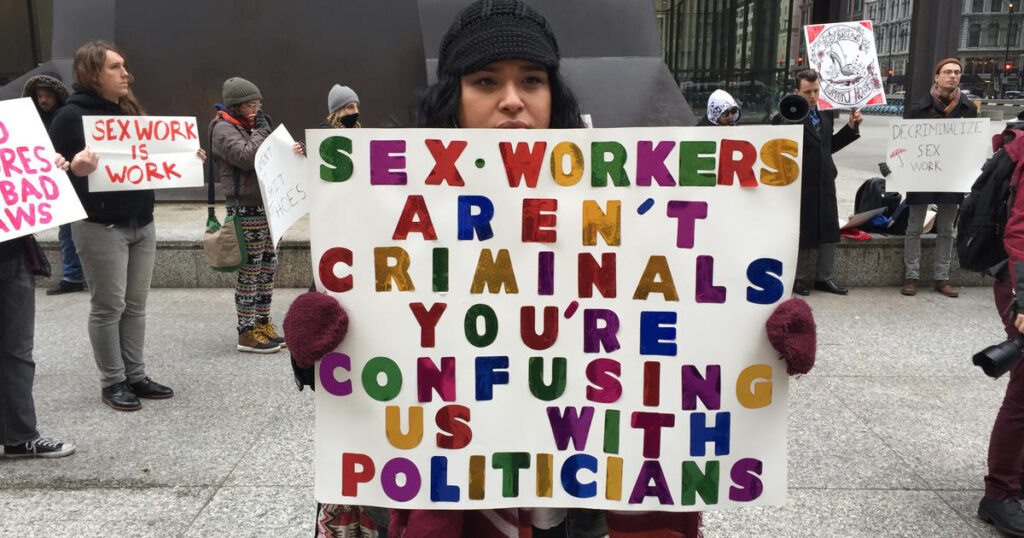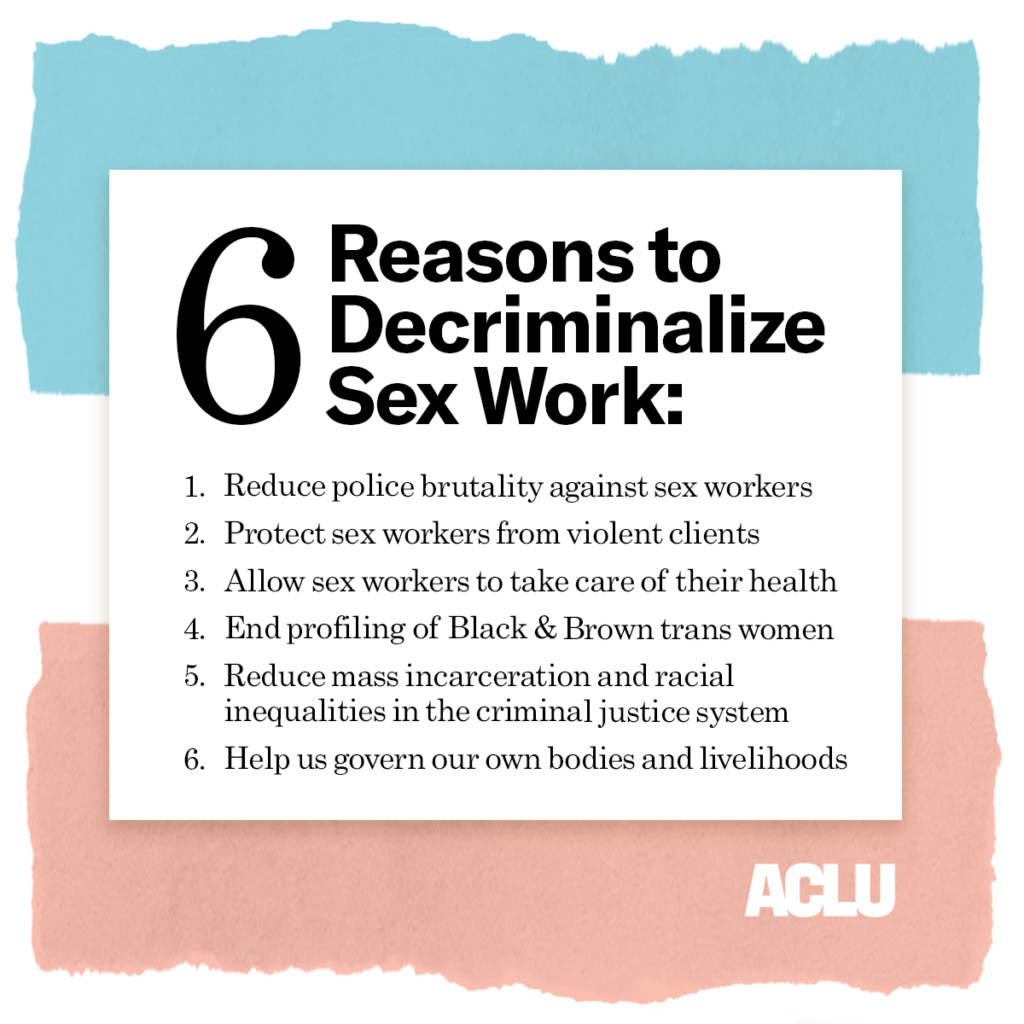
Sex work, a long-debated and often stigmatized profession, is frequently misunderstood and misinterpreted. From societal stereotypes to outright prejudice, sex workers face unique challenges that are seldom explored beyond the realm of judgment and bias. The reality, however, is far more complex and nuanced than the black-and-white narratives that prevail. This post aims to delve deeper into the actualities of sex work, debunking misconceptions, highlighting the empowering aspect for many sex workers, and arguing for decriminalization.
First and foremost, it’s crucial to debunk the pervasive stereotype that all sex workers are suffering drug addicts or victims of human trafficking. While these issues do exist within the industry, it’s both detrimental and inaccurate to generalize this to all sex workers. Many choose this profession out of autonomy and find it to be a source of empowerment.
Sex work can offer a sense of control, independence, and economic stability that other jobs cannot. For instance, consider the story of Bella, a sex worker who entered the profession by choice. She found that sex work allowed her to manage her work-life balance effectively while securing her financial future. Bella’s story is one of many that contradicts the prevailing narrative about sex work.
A common misconception about sex work is the belief that all individuals involved are coerced or forced into the profession. While coercion certainly exists, this belief negates the experiences of those like Bella who consciously chose sex work for the personal and financial freedom it offers.
The societal judgment sex workers face often derives from a puritanical perspective on sex and morality. This perspective not only fails to recognize sex work as valid work but also contributes to the stigmatization and marginalization of sex workers. This, in turn, leads to a lack of support and protection for individuals in the industry.
Now, let’s address the argument for decriminalization versus legalization. Decriminalization involves removing all laws that penalize sex work, while legalization implies the introduction of laws and regulations governing the industry. The former approach is preferred because it eliminates the criminal penalties associated with sex work, reducing the vulnerability of these workers to exploitation and violence. In contrast, legalization often comes with stringent regulations that can exclude many sex workers and potentially drive the industry underground.

Several countries have successfully decriminalized sex work, notably New Zealand. Since 2003, New Zealand’s Prostitution Reform Act has decriminalized sex work, resulting in improved working conditions, increased access to health services, and better relationships with the police. This approach is touted as a success by many human rights organizations and is a model for other countries to consider.
Nonetheless, decriminalization isn’t a cure-all solution. It needs to be complemented by robust support systems for sex workers, including access to healthcare, legal aid, and social services. Countries like the Netherlands and Germany, where sex work is legal and regulated, are working towards improving the support systems to ensure the safety and well-being of sex workers.
In conclusion, our understanding of sex work and sex workers is deeply flawed and filtered through layers of societal judgment and stereotypes. It’s high time we recognize sex work for what it is – work. Decriminalization, coupled with robust support systems, can create a safer, more supportive environment for sex workers.
As individuals, we can contribute to this change by challenging our own biases and supporting organizations that advocate for the rights and well-being of sex workers. After all, every worker, regardless of their profession, deserves respect, autonomy, and safe working conditions. Let’s strive for a world where sex workers are not stigmatized but recognized for their profession and accorded the same rights and protections as everyone else.
Well written and quite meaningful